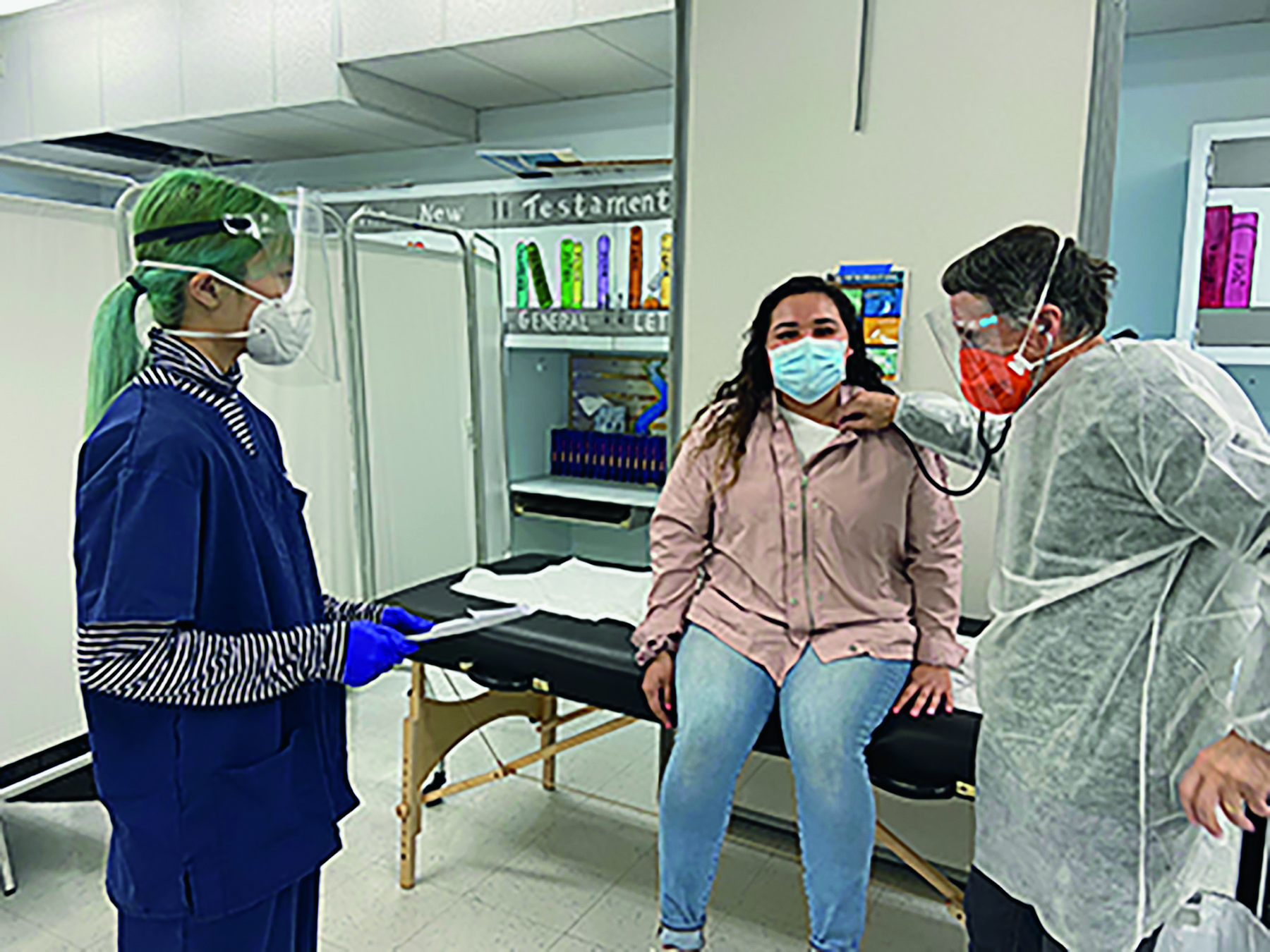California Introduces Assembly Bill 1400 for Statewide Universal Healthcare
On Jan. 11, Assembly Bill 1400, a bill which proposes a tax increase for a new government-funded health care system in California called “CalCare,” was approved by the state assembly committee following its introduction into the legislature on Jan. 5. This bill would broaden medical insurance for single-payer residents of California free of charge, and if implemented, CalCare would cost California an estimated $314 billion to $391 billion annually according to the Assembly Appropriations Committee. This cost would surpass Gov. Gavin Newsom’s $286 billion budget proposal for health care in the 2022 fiscal year.
Assembly Bill 1400 comes in two parts of legislation- one that contains the policy for CalCare and one that imposes higher taxes in order to fund this bill. In addition to Assembly Bill 1400, Assembly Constitutional Amendment 11 (ACA 11) would fund Calcare by raising taxes. Democratic Assemblyman Ash Kalra, who represents parts of eastern San Jose and the author of Assembly Bill 1400, revealed that ACA 11 would fund CalCare by raising taxes for certain individuals and businesses. Kalra informed the Assembly Health Committee that if Assembly Bill 1400 and ACA 11 pass, the universal health care program would likely be fully implemented by 2024 at the earliest.
Republican Assemblyman Jordan Cunningham, who represents San Luis Obispo County and some parts of Santa Barbara County, has spoken out against Assembly Bill 1400. “[AB 1400] does not tell you how it will pay for what would be the largest state bureaucracy in state history… and what will replace every piece of federal, state and private healthcare systems with something run by nine people,” Cunningham said.
Supporters of Assembly Bill 1400 argue that universal health care would cost the average California employee less than what they currently pay for private medical insurance. “With CalCare, we have the opportunity to move California to a single-payer system of pay for health care services – a system that countless reputable academic studies have concluded time and again will save our state tens of billions of dollars a year in health care costs,” Kalra said.



